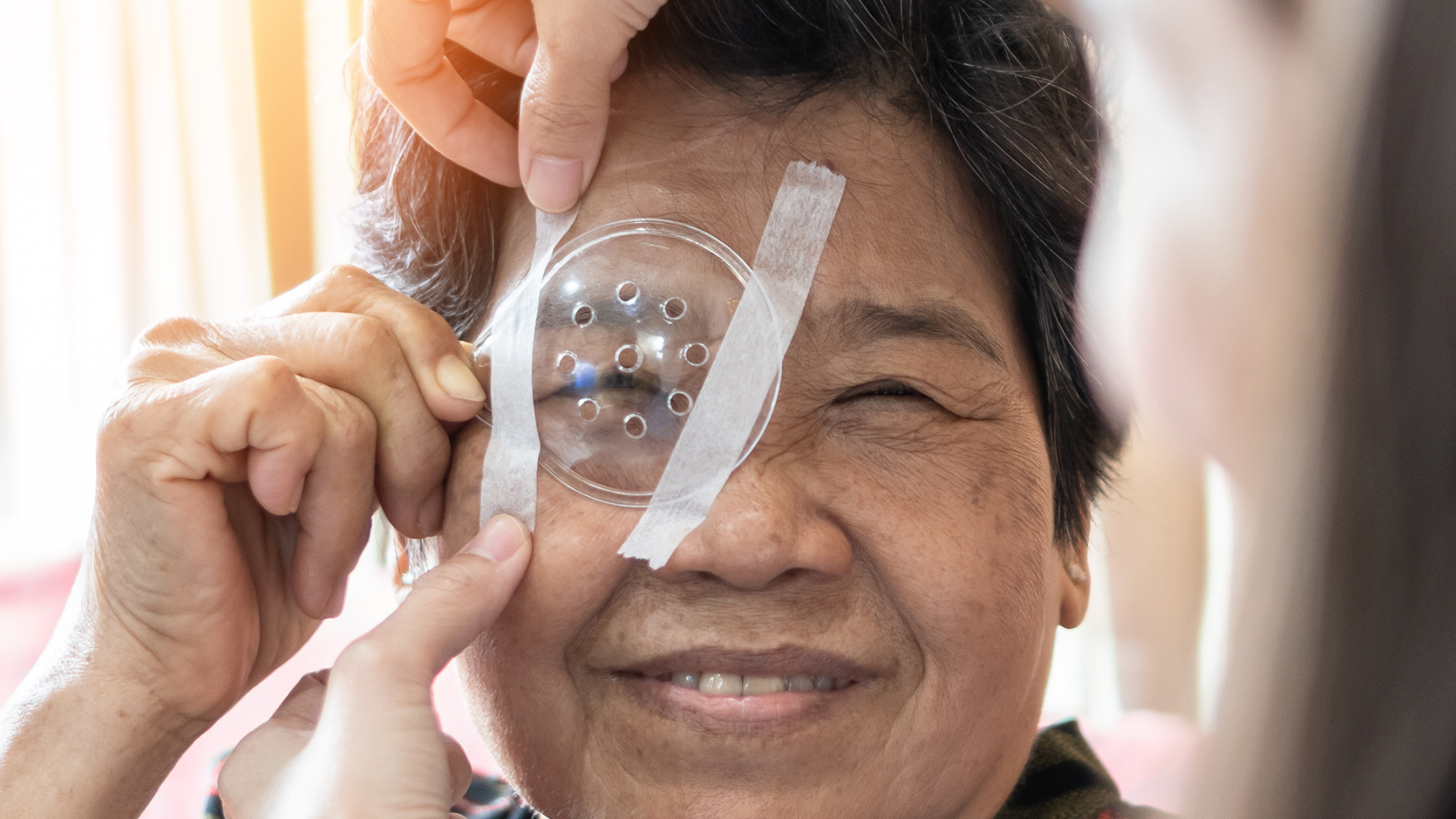
04 Jul Diabetic Eye Disease: Prevention, Detection, and Treatment Strategies
Diabetes is a chronic condition that affects millions of people worldwide. While managing blood sugar levels is essential for overall health, it is equally crucial to understand and address the potential impact of diabetes on eye health. Diabetic eye disease, a group of conditions that can lead to vision loss, requires attention and proactive measures. As a trusted provider of comprehensive eye care, Total Eyecare is dedicated to raising awareness about diabetic eye disease, its prevention, detection, and treatment strategies.
Understanding Diabetic Eye Disease:
Diabetic eye disease encompasses various conditions, including diabetic retinopathy, diabetic macular edema, cataracts, and glaucoma. Prolonged exposure to high blood sugar levels can damage the blood vessels in the retina, leading to vision impairment and, if left untreated, potentially irreversible vision loss.
Prevention Strategies:
- Maintain Healthy Blood Sugar Levels: The first line of defense against diabetic eye disease is managing diabetes effectively. Regularly monitoring blood sugar levels, adhering to a balanced diet, engaging in physical activity, and following medical recommendations are crucial in preventing or minimizing the risk of complications.
- Control Blood Pressure and Cholesterol: High blood pressure and cholesterol levels can exacerbate the impact of diabetes on eye health. Managing these conditions through medication, lifestyle changes, and regular medical check-ups can help reduce the risk of diabetic eye disease.
- Regular Eye Exams: Comprehensive eye exams are essential for detecting early signs of diabetic eye disease. People with diabetes should undergo a dilated eye examination at least once a year or as recommended by their eye care professional. Early detection allows for timely intervention and can significantly improve treatment outcomes.
Detection and Treatment Strategies:
- Optical Coherence Tomography (OCT): This non-invasive imaging technique provides high-resolution cross-sectional images of the retina, allowing eye care professionals to detect early signs of diabetic eye disease and monitor its progression accurately. Regular OCT scans are an invaluable tool in managing the condition effectively.
- Laser Treatment: Laser therapy, such as focal laser treatment or scatter laser treatment, is often employed to treat diabetic retinopathy. This procedure aims to reduce abnormal blood vessels or seal leaking blood vessels in the retina, preserving or improving vision.
- Anti-VEGF Injections: Intravitreal injections of anti-VEGF medications can be administered to manage diabetic macular edema. These medications help reduce swelling and fluid accumulation in the macula, preserving central vision.
- Cataract and Glaucoma Management: Diabetic individuals may also be at a higher risk of developing cataracts and glaucoma. Appropriate management of these conditions, including surgery if necessary, is crucial in maintaining good vision and preventing further complications.
Diabetic eye disease is a significant concern for individuals living with diabetes. By adopting preventive measures, such as managing blood sugar levels, controlling blood pressure and cholesterol, and scheduling regular eye exams, the risk of vision loss can be minimized. Total Eyecare is committed to providing comprehensive care, including early detection, advanced treatment options, and patient education. With a proactive approach and collaborative efforts, we can protect and preserve the precious gift of vision for individuals living with diabetes. Remember, regular eye care is key to safeguarding your eye health. Schedule an appointment with Total Eyecare today to prioritize your diabetic eye health and well-being.

